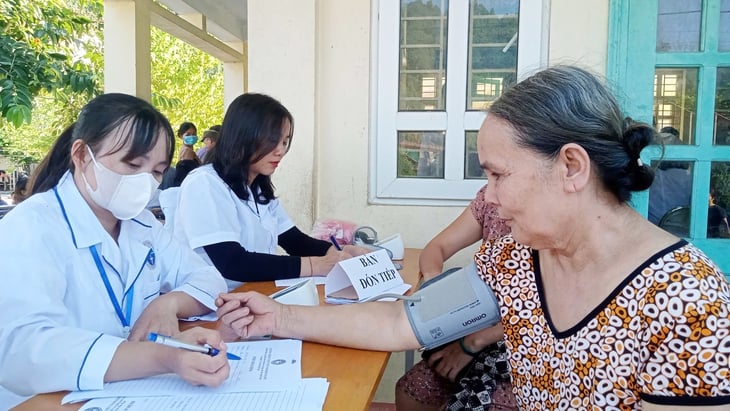
People get free health check-ups in Hanoi - Photo: DUONG LIEU
The Ministry of Health has just submitted a draft resolution to the National Assembly on a number of mechanisms and policies to create breakthroughs in the work of protecting, caring for and improving people's health. The draft is expected to be submitted to the National Assembly at the upcoming 10th session. The Ministry of Health also plans to allow pilot implementation and diversification of health insurance packages and supplementary health insurance according to people's needs.
Don't wait until you're sick to see a doctor.
In fact, most Vietnamese people only go for health check-ups when they are seriously ill, and regular health check-ups are not given much importance. When the disease has become serious, effective treatment is almost impossible and very expensive.
This is also the reason why up to 80% of cancers are only detected at a late stage and the cure rate is very low.
She used to be reluctant to go to the doctor when she only had mild symptoms such as fatigue and a transient headache. Ms. Hoa (60 years old) often bought medicine to take herself, and only went to the hospital when it did not improve. Doctors then diagnosed her with high blood pressure, a silent disease that can easily cause serious complications if not treated promptly. Previously, many young people were hospitalized for strokes due to untreated high blood pressure.
Mr. Khai (27 years old, Hanoi) never thought he had kidney failure. He shared that he ate and drank moderately, lived a scientific life and had almost no unusual signs. Recently, when he felt tired for a long time, he decided to go to the doctor, and the doctor diagnosed him with the final stage of kidney failure. "I was completely surprised. I always thought I was healthy, I didn't see anything obvious. When I discovered it, it was too late," Mr. Khai recounted.
Kidney failure or many non-communicable diseases, chronic diseases often develop silently, with few obvious symptoms. Many patients are often in the severe stage when detected, making treatment difficult. Meanwhile, the disease can be detected during a periodic health check.
According to doctors, regular health check-ups not only help detect diseases early but also create conditions for people to be consulted, monitored and treated in the right direction. This is a proactive and effective way to protect health, while reducing pressure on the health sector.
Prevention reduces cure
Mr. Ha Anh Duc - Director of the Department of Medical Examination and Treatment Management, Ministry of Health - said that free periodic health check-ups are not only a humane policy but also a "shield" to prevent diseases, helping people receive early care, reducing treatment costs and creating the foundation for a healthy society.
Sharing with Tuoi Tre, Dr. Ha Ngoc Cuong, Phu Tho General Hospital, said that early detection and treatment are decisive conditions to improve health. "Regular health check-ups are the first step to early detection, early intervention, and effective disease prevention. Especially with chronic diseases, non-communicable diseases such as high blood pressure, diabetes, cardiovascular disease, cancer... are increasing.
Besides, regular health check-ups will help people keep a health record, thereby being able to manage their illnesses better," Dr. Cuong shared.
Free health check-ups for 20 million people from 2026
The draft of the Ministry of Health has proposed solutions to gradually reduce medical costs for people. This includes a roadmap for free periodic health check-ups at least once a year according to target groups and priority roadmaps.
According to the Ministry of Health, in the immediate future, free periodic health check-ups will be carried out for the elderly, people with disabilities, people from poor and near-poor households, people with meritorious services, people living in ethnic minority and mountainous areas, areas with difficult and especially difficult socio-economic conditions, island communes, and special zones with about 20 million people, with an estimated cost of about 6,000 billion VND/year.
Free hospital fees at the basic level within the scope of health insurance benefits according to the roadmap, in accordance with the socio-economic development conditions of the country.
It is expected that from 2027, the level of benefits within the scope of health insurance benefits will be increased from 95% to 100% for people in near-poor households and people aged 75 and over receiving social pension benefits.
At the same time, the Ministry of Health also plans to allow pilot implementation and diversification of health insurance packages and supplementary health insurance according to people's needs.
According to Minister of Health Dao Hong Lan, the state and health insurance fund will cover basic and essential medical expenses, minimizing the financial burden on people - first of all for social policy beneficiaries, the disadvantaged, low-income earners and some other priority groups.
"For medical services on demand, exceeding the basic level, patients still have to pay a part to raise awareness of using services reasonably and saving costs.
The policy of free hospital fees must therefore be closely linked to universal health insurance coverage, everyone participates in health insurance to share risks, the well-off take care of the poor, the healthy help the weak; along with support from the state budget so that patients do not have to pay extra costs when they unfortunately get sick," Ms. Lan clearly stated.
Increase health care from grassroots health
Mr. Ha Anh Duc emphasized the need to strengthen the role of commune health stations, ensuring proactive disease prevention and free medical examination and treatment. Commune health stations will have to strengthen disease prevention to reduce the pressure of transferring seriously ill patients to higher levels.
According to Ms. Tran Thi Trang, Director of the Health Insurance Department, by 2027, the goal is for each commune health station to have 4-5 doctors on duty. To achieve this, the Ministry of Health will transfer at least 1,000 doctors from higher levels to commune health stations, working long-term for 1-3 years. Issue a policy of preferential allowances for the profession, at least 70% for grassroots medical doctors and 100% for doctors working in remote areas. The total estimated cost for implementation is about 4,481 billion VND.
"Human resources are the number one factor. There must be doctors stationed long-term, with enough medicine and equipment to attract people to get medical examination and treatment at the grassroots level. This is also where the most basic benefits of the policy of periodic health check-ups and free hospital fees are implemented," said Ms. Trang.
Source: https://tuoitre.vn/kham-suc-khoe-mien-phi-phat-hien-som-benh-tat-20251005231117219.htm








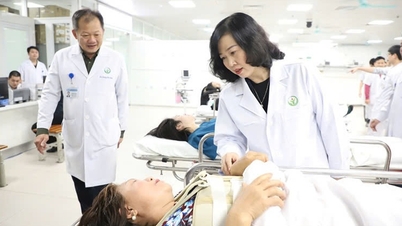
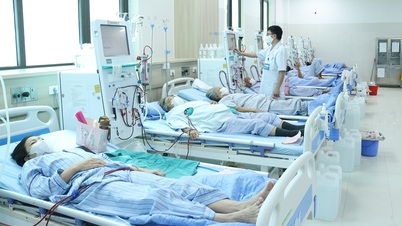

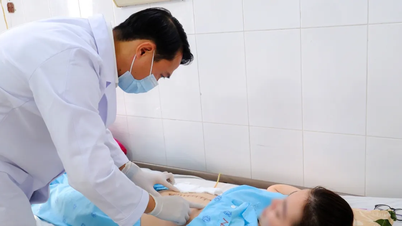



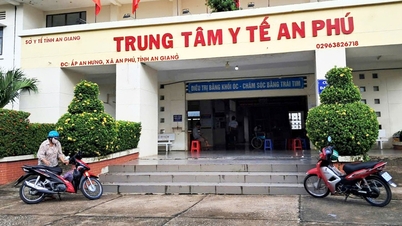
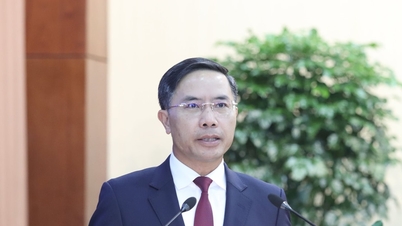

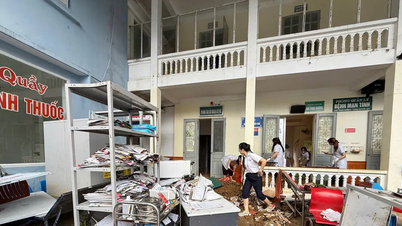
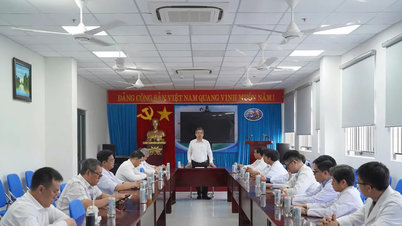
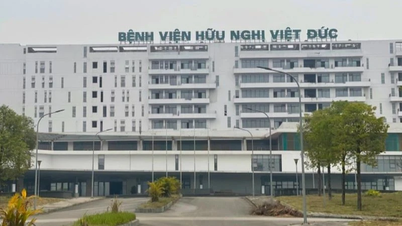

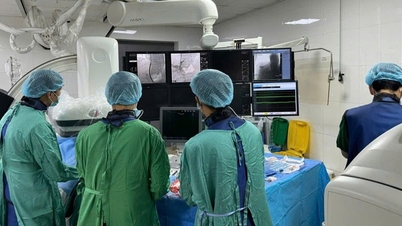


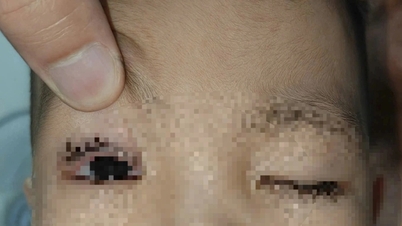






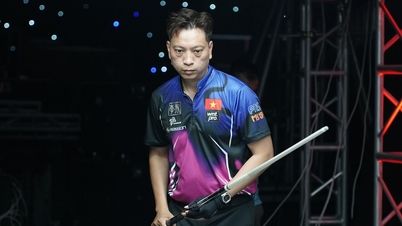


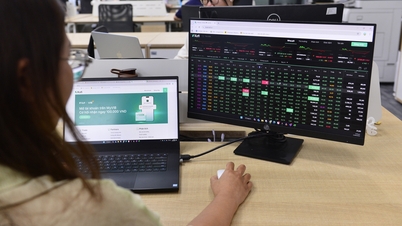















































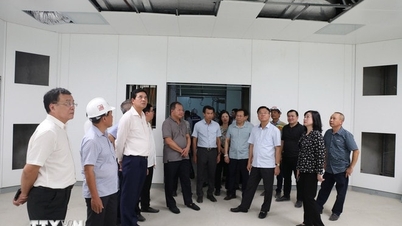

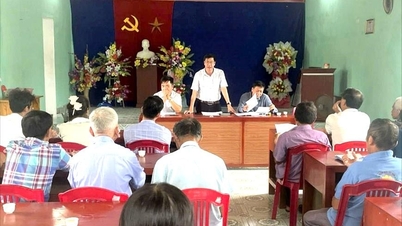
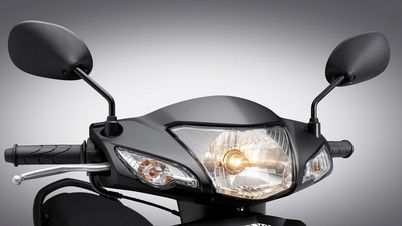
















Comment (0)